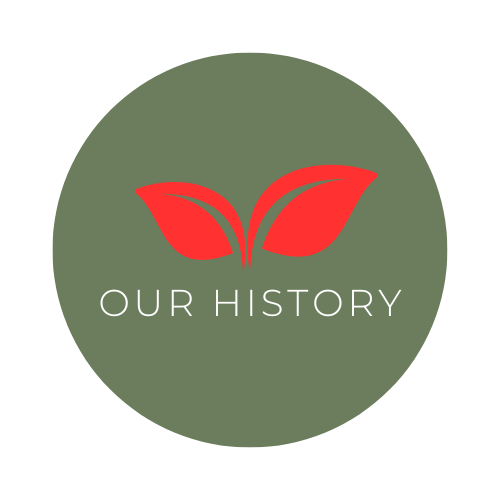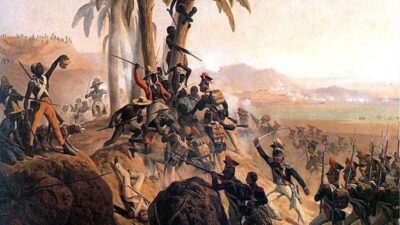On 5 December 1492, European navigator Christopher Columbus came upon an island in the Caribbean that he claimed for Spain and called La Isla Española (“The Spanish Island”, later Anglicised as Hispaniola).
Haiti colonised by Spain
Spain colonised the island and enslaved the native Taino and Ciboney people. Forced to mine gold under brutal working conditions and overcome by European diseases, the native population almost vanished by the end of the 16th century. Thousands of slaves imported from other Caribbean islands met the same fate.
French rule
After the Spanish exhausted the main gold mines, the French established their own permanent settlements and renamed the colony Saint-Domingue. The Spanish kept the eastern part of the island, which they named Santa Domingo (present-day Dominican Republic).
Under French rule, Saint-Domingue grew to be the wealthiest colony in the French empire and, perhaps, the richest colony in the world, producing roughly 40 per cent of the sugar and 60 per cent of the coffee imported to Europe.
To supply the plantation system, French owners imported almost 800,000 Africans to Saint-Domingue. The slave system in the colony was regarded as one of the harshest in the Americas, as French slave owners worked Africans brutally. Mortality rates were extremely high.
Haitian revolution and freedom
Inspired by the French Revolution, the enslaved and free people of Saint-Domingue rose up against France. This successful and complicated campaign for freedom and equality began in 1791.

Led by former slave Toussaint Louverture, the enslaved acted first, rebelling against the planters on 21 August 1791. By 1792, they controlled a third of the island. Despite reinforcements from France, the area of the colony held by the rebels grew, as did the violence on both sides. Before the fighting ended, 100,000 of the 500,000 blacks and 24,000 of the 40,000 whites were killed.
By 1801, Louverture expanded the revolution beyond Saint-Domingue, conquering the neighbouring Spanish colony of Santo Domingo. He abolished slavery in the Spanish-speaking colony and declared himself Governor-General for life over the entire island of Hispaniola.
Napoleon Bonaparte, now the ruler of France, dispatched General Charles Leclerc, his brother-in-law, and 43,000 French troops to capture Louverture and restore both French rule and slavery. Louverture was captured and sent to France, where he died in prison in 1803.
Independence
Jean-Jacques Dessalines, a former slave and one of Louverture’s generals, led the revolutionaries at the Battle of Vertieres on 18 November 1803, where the French forces were defeated. On 1 January 1804, Dessalines declared the nation independent and renamed it Haiti.
France did not recognise Haiti’s independence until 1825, and then only in exchange for a large compensation of 150 million francs. This debt took Haiti 122 years to pay off.





